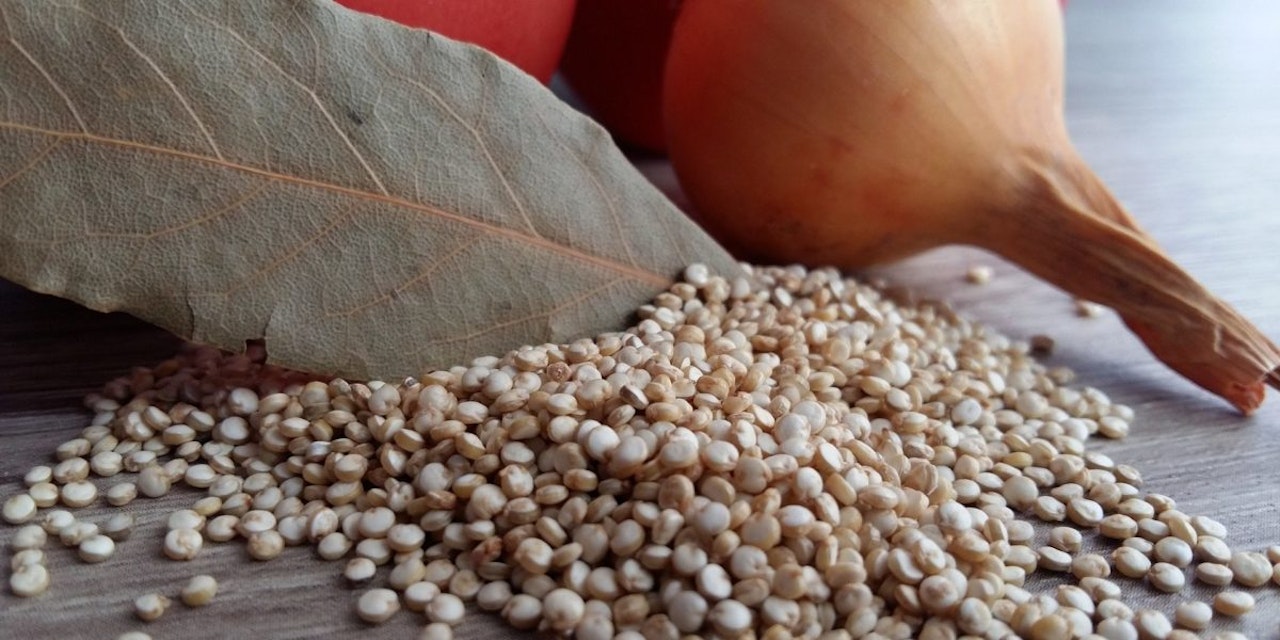What Carbs Should I Keep in My Diet?
Should you go low-carb or no-carb to lose weight? Are some carbs okay to eat on a diet? Read on to learn more about carb intake and low-carb diets.
- Published: 5/7/2018
- Categories:
- 3 min. read

- Published: 5/7/2018
- Categories:
- 3 min. read
There are misconceptions among new fitness communities that in order to lose weight, you need to purge your body of all carbohydrates. This leads some to no carb diets, and can lead to malnutrition and hurt them terribly in the long run.
If this is you, stop now! Don’t make carbs your enemy, but understand what your body can use them for. Learn how to have a balanced low carb diet that not only helps you reach your weight goals, but keeps you healthy.
It’s More Than Bread and Beer Making You Gain Weight
Yes, bread, pasta, and especially beer contain a lot of carbs, which if left unaddressed will likely result in weight gain. But you can’t just cut out things that are wheat-filled and expect that to be the solution to your problem.
Good Vs. Bad Carbs
What exactly is the difference between good carbs and bad carbs? Good carbs are those that are full of fiber, and they take longer to be absorbed by our bodies. Bad carbs, on the other hand, have less fiber and are absorbed relatively quickly, causing spikes in our blood sugar levels and potentially leading to high cholesterol.
So in general, what foods are considered good carbs and which ones aren’t? Well, some good carbs can be found in these foods:
- Whole wheat bread
- Beans
- Bananas
- Apples
- Quinoa
- Potatoes
If you want to avoid bad carbs, however, then think twice before you please your sweet tooth — that’s right, the culprits are often sugars. Being on the guard against “whiter” foods (white bread, white rice, flour tortillas), and anything with “added sugars” will take you great lengths in keeping you out of bad carb danger. Next time you go to the grocery store, just avoid the easy, sugary buys and replace those with good carb food. Your body will thank you, both now and in years to come. Some examples of food and drinks with bad carbs are:
- White bread
- White rice
- Fries
- Beer
- Sugar-laden coffee drinks (like the ones you’ll get from Starbucks)
Your Diet is Only As Good As Your Reason For It
While what you put into your body — and how much — is extremely important, it’s also very important to think about what you want a diet to do. In other words, choose your diet carefully and cater it to your fitness goals.
Are you trying to gain muscle? Then you may want to work in more carbs. If you’re trying to lose weight, then cut back on bad carbs and be wary of your calorie intake. An actual low carb diet may not be for everyone when all things are considered.
Excess and Laziness Do Not Discriminate
In addition to what you’re eating, how much you’re eating and how active you are matter just as much. If you’re trying to lose weight, it’s likely that the problem isn’t always what you’re eating but how much of it. Granted, what you put into your body does matter — don’t misunderstand that. But many people who struggle with unhealthy eating habits are eating unhealthy foods in large portions and not exercising enough. They’re not just having the occasional bowl of ice cream here and there, but are enforcing habits like that every night.
The average person’s nutritional intake should look like this (information from the healthcare provider Kaiser Permanente):
- Carbs should account for 50-60 percent of calorie intake
- Protein should account for 12-20 percent of calorie intake
- Fats should account for around 30 percent of calorie intake
This goes for people of all ages and body types. If you’re working out a lot and don’t seem to be losing weight, that could be part of the problem — excess does not discriminate. There are medical reasons you might not be losing weight as well, so keep that in mind and if you feel inclined, see a doctor about it.
All of the content and media on Lifesum is created and published for information purposes only. It is not intended to be used as a substitute for medical advice or treatment. Users should always consult with a doctor or other health care professional for medical advice. If you have or think you are at risk of developing an eating disorder, do not use the Lifesum app and seek immediate medical help.